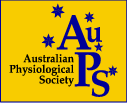
Search:

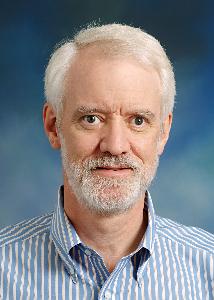
|
Prof Donald BersUniversity of California, Davis, USACalmodulin and CAMKII signalling in the heartProf Donald Bers is the Joseph Silva Endowed Chair for Cardiovascular Research, Distinguished Professor and Chair of the Department of Pharmacology at University of California, Davis. Dr. Bers holds a Ph.D. in Physiology from the University of California, Los Angeles, and began his faculty career at the University of California, Riverside where he rose to Professor and Interim Associate Dean of Biomedical Sciences (1982-1992), before being recruited to Loyola University Chicago as Chair of Physiology (1992-2008). Since 2008 he has been a Distinguished Professor and Chair of the Department of Pharmacology where he has developed strong research and teaching programs. He is a world-renowned expert on the cellular and molecular factors that regulate heart excitation and contraction, and was recognized in 2012 as a Distinguished Scientist of the American Heart Association. . His research has advanced the scientific understanding of cardiac myocyte dynamics with innovative experimental techniques, an emphasis on quantitative measurements, and a unique ability to synthesize experimental results from many levels of biology into an integrated picture of heart function. Dr. Bers’ innovative and highly active research has resulted in authorship of more than 350 scientific papers, book chapters and review articles in top-flight journals, including Nature, JCI & Circulation. |
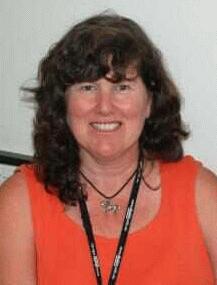
|
Dr Kay ColthorpeThe University of Queensland, AustraliaFrom active learning to self-regulated learningDr Kay Colthorpe is a teaching-focused lecturer in the School of Biomedical Sciences (SBMS) at the University of Queensland (UQ). She is the Chair of the Education Research Unit in SBMS, and was a UQ Teaching Fellow in 2010. Her PhD, which focused on the neuroendocrine control of prolactin secretion, was completed at UQ in 2000. Since then her research interests have switched to science education and now include the development of effective assessment and feedback, science communication, and the design and use of inquiry-based classes to aid critical thinking skills. She has considerable experience both teaching physiology and curriculum design, playing a major role in the introduction and implementation of inquiry-based laboratory classes in the biomedical science curriculum at UQ. |
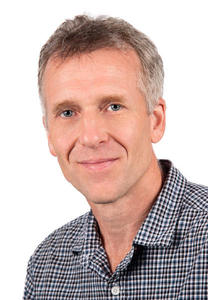
|
Prof Rob PartonUniversity of Queensland, AustraliaPlasma membrane and caveolaeRobert Parton studied biochemistry in the UK before moving to the European Molecular Biology Laboratory in Heidelberg, Germany. He received Royal Society and EMBO postdoctoral fellowships before becoming a junior group leader in 1990 studying plasma membrane domains and cell surface dynamics. In 1996, he moved to the University of Queensland, Brisbane, Australia. He is currently a group leader in the Institute for Molecular Bioscience, an NHMRC Senior Principal Research Fellow, and Deputy Director of the Centre for Microscopy and Microanalysis. His research has focussed on the dynamics and domain structure of the plasma membrane and has been highly cited (H-index 91). He was involved in the discovery of caveolin-1 and the muscle-specific caveolin isoform, caveolin-3. He is currently using a number of experimental systems (including cultured cells, zebrafish, and mice) to understand how caveolae form, to dissect the structure of caveolae and caveolins, and to investigate the role of caveolae in health and in disease. In 2009 he was elected to the Australian Academy of Science. He is currently an Associate Editor of the Journal of Cell Biology, Traffic, and Molecular Biology of the Cell. |
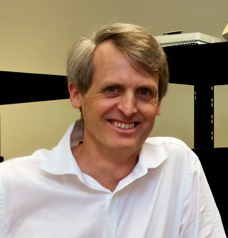
|
Dr Jamie VandenbergVictor Chang Cardiac Res Inst, AustraliaGetting to the heart of ectopic beatsJamie Vandenberg completed his MBBS at the University of Sydney in 1988 and his PhD at the University of Cambridge in 1994. After post-doctoral work in the United Kingdom he moved to the Victor Chang Cardiac Research Institute in 2002. In 2007 he established the Mark Cowley Lidwill Research Program in Cardiac Electrophysiology and was appointed co-Deputy Director in 2010. He is a conjoint Professor at the University of New South Wales and an NHMRC Senior Research Fellow. His research is focussed on the electrical signals that control the rhythm of the heartbeat and understanding the molecular basis of disorders of heart rhythm and sudden cardiac death. |
Comments or questions on the content of this site should be directed to the Secretary, AuPS.
Technical problems should be referred to the Webmaster Privacy Policy
